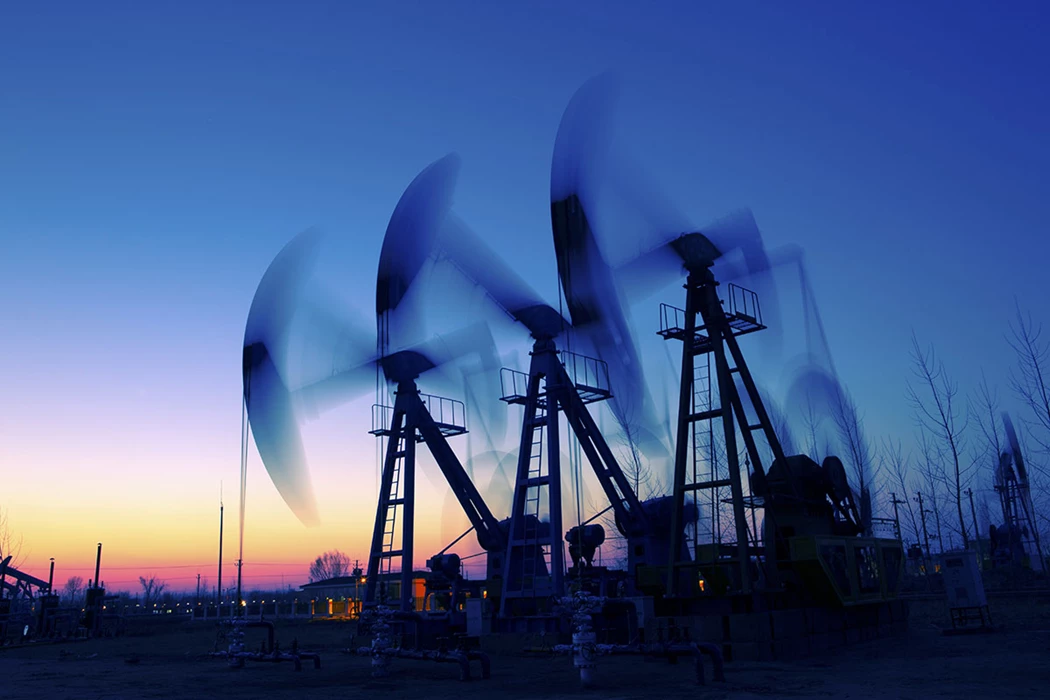Algeria Holds Another Poll in ‘Attrition’ Battle With Protesters
(Bloomberg) -- Algeria’s military-backed leaders hold a parliamentary election Saturday, seeking democratic gloss for their rule as plunging finances and rising living costs risk deepening turmoil in the energy exporter.
The vote is part of a package proposed by President Abdelmadjid Tebboune to assuage protesters who’ve been demanding the removal of the establishment elite and fairer wealth distribution for more than two years. Its appeal was blunted by a crackdown that’s jailed about 220 people, including journalists, and swamped Algiers with security personnel.
Turnout among 24.5 million registered voters will probably be feeble. A 2020 referendum on constitutional amendments saw record low participation.
“The people are no fools,” said Dalia Ghanem, a resident scholar at Carnegie Middle East Center in Beirut. “The election is necessary for the regime,” she said. “They need to be legitimized by the ballots.”
Reserves Slump
Algeria is North Africa’s sleeping giant. It has the continent’s third-largest oil reserves and its second-biggest gas deposits but is struggling to keep up shipments -- the lifeblood of the economy -- as years of mismanagement and a lack of investment take their toll. Foreign currency reserves have fallen to less than a fifth their level in 2013, and the local currency has been devalued, spurring price increases.
Yet bruised by its encounter with the International Monetary Fund during a 1990s civil war, Algeria has shown little inclination to break the taboo of turning to the lender or international debt markets for support.
Tebboune took over in 2019 after months of demonstrations felled his longtime predecessor, but any enthusiasm for his rule quickly drained after two prominent regime figures -- one on trial for plotting against state security, the other for money laundering -- were exonerated by courts. He has since portrayed the so-called Hirak protest movement as a threat to the nation’s integrity.
Islamist Participation
The country’s military has been a key western ally in the fight against Islamist fighters in North Africa but that backing only cemented its hold on power.
Loyal state media welcomed Saturday’s election. The El Moudjahid daily said it would herald “popular legitimacy” and close an era of “authoritarianism, corruption and marginalization.”
But parliament remains toothless compared to the prerogatives of the president. Authorities permitted 28 parties, including the historically powerful National Liberation Front, to contest the polls, out of 45 that applied. More than half of 22,560 candidates are running as independents.
Electoral laws enacted last year require that candidates under 40 make up half of each electoral list, 30% of whom must be university graduates, a demographic that has been at the forefront of the protests. The rules allocate $2,250 to help with campaign expenses.
Results will be announced in the coming days. Islamist parties, including the Movement of Society for Peace, could win a “good number”of seats, said Ghanem, the analyst.
“It looks like the time of concessions is over,” she said. “They are waiting for the Hirak to fade away using attrition, waiting and repression.”
More stories like this are available on bloomberg.com
©2021 Bloomberg L.P.





